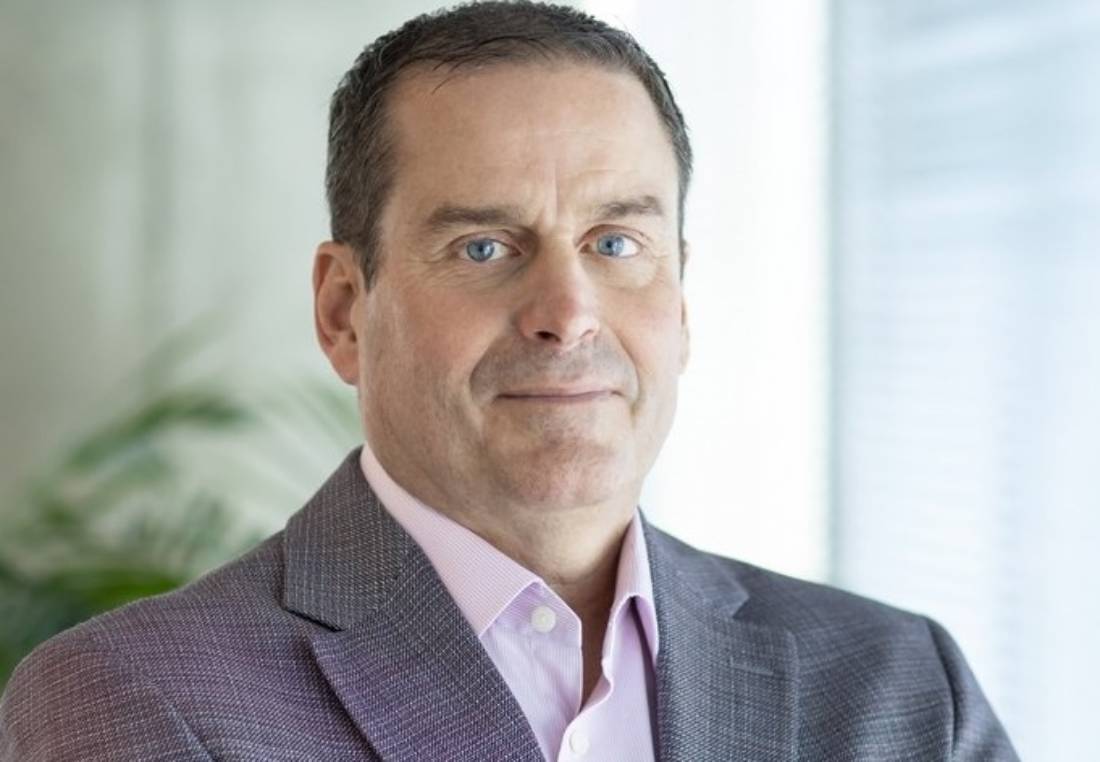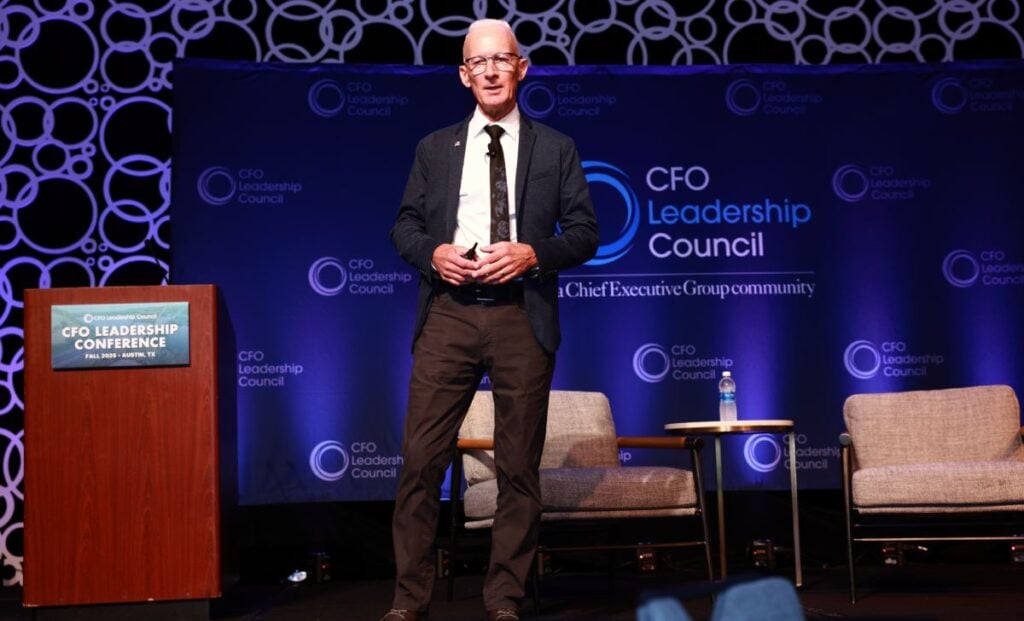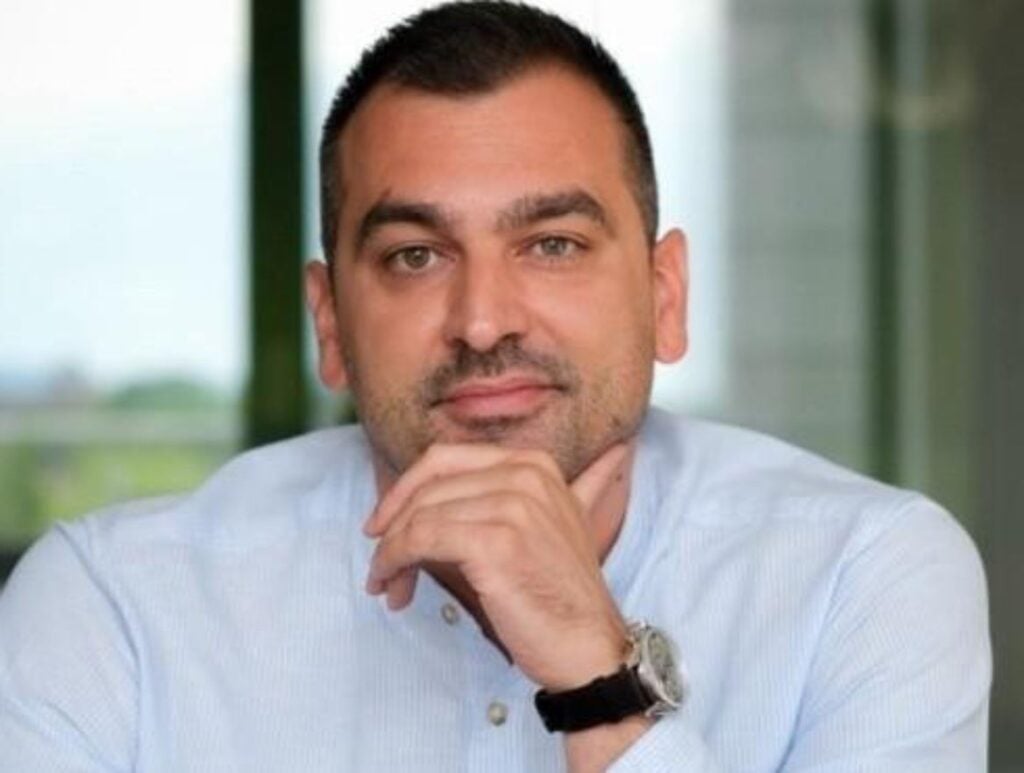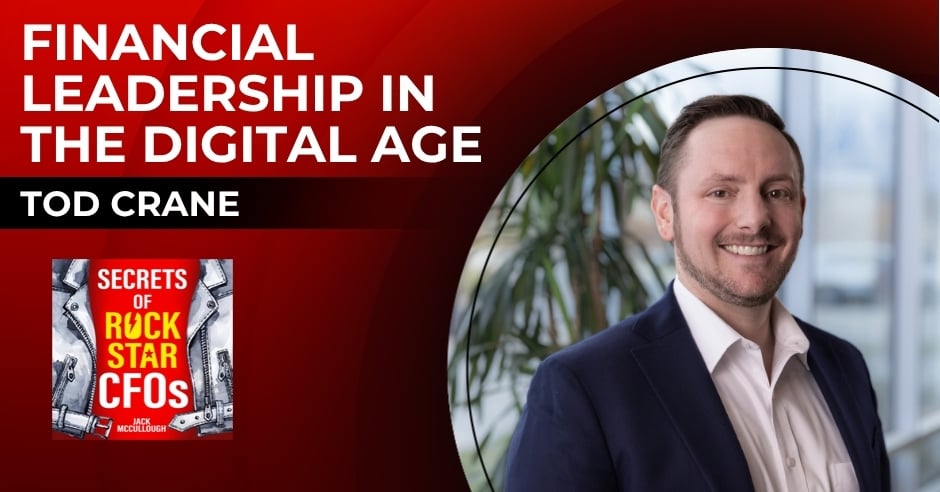After two decades as a CFO, David Brolsma believes there are foundational business principles that can help a company thrive through periods of external challenges and market or regulatory shifts. As a result, Brolsma says, CFOs need to keep the focus of a company simple, even as the world becomes increasingly complex.
Through positions at high-growth technology companies like WP Engine and Rackspace, as well as established publicly traded multinationals, including Valero Energy, Brolsma has found that success often hinges on two key components: customers and employees.
Last December, Brolsma was named CFO of Smarsh, a company based in Portland, Oregon, that provides SaaS products to help financial institutions, governmental agencies, and other highly regulated sectors stay compliant with digital communications laws.
In an interview, Brolsma discussed aligning teams on organizational priorities, the importance of adaptability and why a fully supported employee base is crucial to win in any industry.
You’ve worked at companies across various stages of maturity, from high-growth technology firms to public multinationals. How have these experiences shaped your approach to the CFO role?
I’ve had the privilege of working with incredible companies across the spectrum of maturity and in diverse industries, ranging from oil and gas to high-tech. Each experience has shaped my approach to the CFO role.
For example, at public multinational companies, I’ve seen firsthand the positive impact that prioritizing data-driven, operational excellence initiatives can have on furthering collaboration and overall efficiency—both are competitive advantages critical to managing complexity at scale. Operating in such environments also instilled a discipline around reporting and communication, emphasizing the value of maintaining transparency with the market, investors and internal teams.
On the other hand, my time in high-growth technology companies taught me the importance of adaptability and flexibility. Leading with these traits has become invaluable for my career. Other leaders and employees respect a CFO who is less rigid in their decision-making and is open to differing points of view. The CFO’s responsibility is to identify opportunities to invest in innovation while enhancing existing operations and driving sustainable levels of growth and profit. That cannot happen without a collaboration-first mindset.
Leadership must also share a common understanding of the business and prioritize alignment on key objectives across teams. Investing in cross-organizational relationships is a crucial aspect of the CFO’s role. I’ve learned that as CFO, I have a level of influence that enables [me] to strengthen cross-departmental relationships to drive exceptional outcomes ultimately.
What advice would you give to other CFOs who operate in a complex, highly regulated industry where rapid shifts and uncertainty are standard?
Control the controllable. A customer-centric focus is always beneficial, but becomes vital when dealing with challenging circumstances. Customers are at the heart of every business, and the sign of an excellent leader is being obsessed. These leaders leverage unique customer needs to inform strategy and deliver the best possible daily outcomes.
Employee engagement also needs to be prioritized. Employees play a vital role in winning customers’ hearts and minds. Fully supported employees genuinely aligned with the company’s mission provide exceptional service, which, in turn, drives customer loyalty. The power of a strong employee base in achieving long-term success, even in the face of adversity, cannot be overstated.
What are the key components for building a sustainable growth strategy that balances long-term goals with the immediate challenges of a dynamic market environment?
Heavily influenced by macroeconomic and geopolitical headwinds, today’s dynamic market has consistently made it rewarding for investors, but building a sustainable growth strategy is increasingly challenging. In this environment, the executive team’s alignment on company priorities and key investments has never been more critical.
There are three crucial components to fostering that alignment:
- Prioritize effectively. Effective prioritization ensures that resources and time are allocated to functions with the highest potential for positive impact, thereby maximizing productivity and minimizing corporate waste. Leadership should leverage data-driven heuristics to evaluate and nurture investments based on expected outcomes and market trends, ensuring informed decisions that foster greater alignment.
- Listen to the voice of the customer. By regularly soliciting feedback and engaging in open conversation with customers, businesses gain access to a valuable resource for decision-making while simultaneously fostering loyalty. Customer-first business practices also encourage teams to consider specific customer needs and preferences when developing new products or messaging.
- Measure performance. Businesses can’t improve what they don’t measure, making robust reporting processes a critical consideration. To assess performance, it is essential to implement both short-term metrics, such as profit, sales figures or customer satisfaction scores, and long-term metrics, including market share, customer lifetime value or brand reputation. These data points extend beyond financial metrics and indicators to provide a comprehensive view of a company’s performance and health.
How do you expect the position of CFO to evolve over the coming years?
The pace of progress is only going to accelerate as new technologies emerge. The CFO of the future must be a builder of long-term value and a champion of innovation. AI is already changing the way business is done; its potential value for CFOs is immense. By providing in-depth and actionable insights into key business processes, financial standing and market trends, AI will empower faster and more thoughtful decision-making in the face of future complexity. CFOs won’t just be witnessing change; they’ll be actively driving it through bold, AI-powered action.








